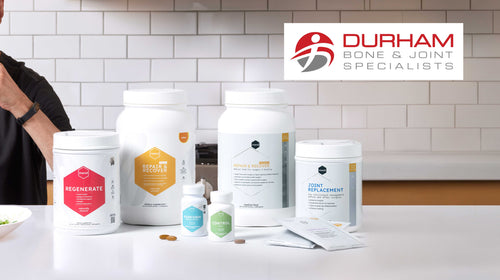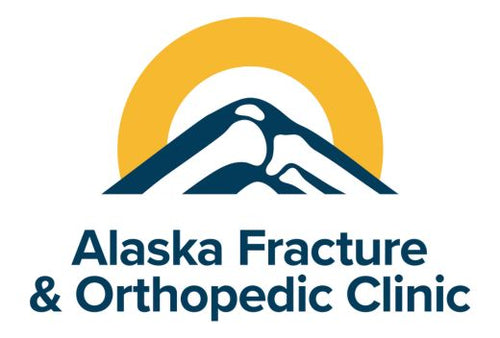They say as we age, muscle decline is inevitable.
According to WebMD.com, those who are physically inactive can lose as much as 5 percent of their muscle mass – along with strength and mobility – per decade after age 30, and those who are active are still at risk.
But new research suggests that there are steps we can take to prevent the decline, including upping our intake of leucine.
One of the main active ingredients in MEND, leucine is a branched-chain amino acid that helps muscles repair themselves more effectively after injury or surgery. It works in two ways, first, by stimulating muscle protein synthesis, and second by activating a muscle compound called the mTOR, which triggered the manufacture of muscle proteins.
A new study in the British Journal of Nutrition suggests that supplementing with leucine could “significantly” increase muscle protein synthesis in older people, reducing the risk of age-related muscle wasting.
A team of researchers from the Department of Geriatrics at the Zhejiang University First Affiliated Hospital School of Medicine in China looked at how leucine supplementation impacted muscle protein synthesis and increased lean body or lean leg muscle mass in elderly patients.
During nine randomized, controlled clinical trials, researchers found that those who received leucine supplementation showed a significant increase in the rate of muscle protein synthesis and slight increases in lean muscle mass.
“These findings suggest that leucine supplementation is useful to address the age-related decline in muscle mass in elderly individuals, as it increases the muscle protein fractional synthetic rate,” researchers wrote.
In fact, MEND’s ingredients are at the forefront of several key studies addressing the slowing of the aging process, like a fountain of youth of sorts in a bottle. And while MEND is marketed as a way to heal faster from injuries, additional research suggests that taking MEND on a daily basis could help older people protect their bodies from injury and stay healthier longer.
Calcium, vitamin D prevent fractures
One of the biggest health concerns for older folks is broken bones. According to the U.S. Surgeon General, 1.5 million older people suffer fractures each year, most often from weakened bones.
While there has been some debate about whether or not calcium is helpful or harmful when it comes to bone protection, the right kind of calcium – one that the body can effectively absorb and put to use – is vital to bone health. Team it with vitamin D, and you have two essential nutrients working in synergy to help protect you from fractures, even as you age.
Along with other key nutrients, MEND offers both calcium and vitamin D, which researchers from Frederiksberg Hospital in Copenhagen, Denmark, found to not only help prevent fractures, but also speed the healing process afterward a break.
To back their research, scientists studied 30 older women with osteoporosis who had suffered shoulder fractures, and found that those who were not taking calcium or vitamin D supplements healed more slowly than those whose diets were supplemented with the key nutrients.
Protein and calcium work in synergy to prevent bone loss
Not only do calcium and vitamin D make a great team, calcium also has a reliable partner in protein.
In another study, researchers at the University of Connecticut looked at dietary protein, and found that protein is just as significant when it comes to protecting our bones as calcium and vitamin D.
While some research has suggested that protein reduces bone density and leads to increases in fractures, the Connecticut team found that protein intake helps our bodies better retain and absorb calcium, making both ingredients an essential part of our diets as we age.
“Recent studies suggest that dietary protein works synergistically with calcium to improve calcium retention and bone metabolism,” researchers wrote. “The recommendation to intentionally restrict dietary protein to improve bone health is unwarranted, and potentially even dangerous to those individuals who consume inadequate protein.”
MEND contains whey protein – which is a smart protein to team with calcium since it increases cell sensitivity, enhancing the absorption of nutrients.
Whey protein also helps reduce inflammation, which has been linked to many diseases associated with aging, including obesity, type 2 diabetes and some cancers.
The bottom line?If you’re looking toward your golden years, MEND can help stave off problems including muscle loss and broken bones, both of which can leave you sidelined. After all, life is meant to be lived to its fullest, and anything we can do to ensure the possibility is worth the investment.
For more information on MEND, visithttp://www.mendhealing.com/.


